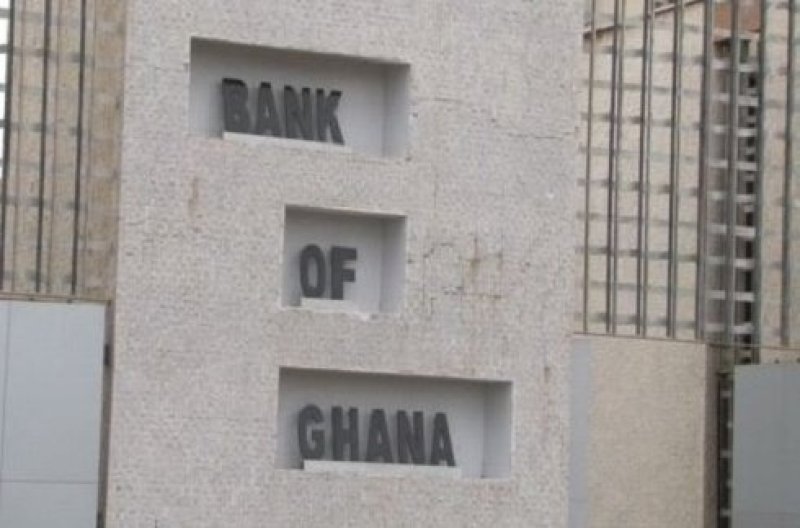The Bank of Ghana (BoG) has stated its commitment to nurturing a vibrant, inclusive, safe, and efficient digital financial services ecosystem with the establishment of a Fintech and Innovation Office (FIO).
The Office is to drive the cash-lite, e-payments, and digitisation agenda of the country.
The Bank’s Annual Report and Financial Statements for 2020 said the FIO was responsible for the licensing and supervision of Dedicated Electronic Money Issuers (DEMIs) and Payment Service Providers (PSPs).
It is also responsible for the activities of Payment and Financial Technology Service Providers (PFTSP) and other emerging forms of payments delivered by non-bank entities.
“The FIO also develops policies to promote Fintech innovation and interoperability in Ghana,” the report said.
It said to nurture Fintech and promote responsible digital financial service innovation, a regulatory and innovation sandbox project was launched in 2020.
The project, which is in line with the Bank’s financial sector digitisation agenda, is expected to further assist the development of policies to enhance financial inclusion and support innovations within the Fintech ecosystem.
The report said in the year under review, the Bank continued to monitor developments in digital currencies, and took steps to explore the feasibility and appropriateness of a Central Bank Digital Currency (CBDC) to the Ghanaian economy.
The report said the Bank remained steadfast in facilitating payment systems innovation and piloting ideas like a CBDC.
Consequently, the first phase of the possible introduction of a CBDC in Ghana is the design of the electronic money, e-Cedi, which will be piloted before full implementation.
“This will facilitate electronic payments by households and businesses, using digital money issued by the Bank,” it added.
In the area of Mobile Money Services, the total value of transactions grew by 82.4 per cent to GH¢564.16 billion at the end-December 2020, while the total float balance increased by 92.1 per cent to GH¢6.98 billion.
The report said registered mobile money account holders increased by 18.5 per cent to 38,473,734 at end-December 2020 with the number of registered agents also increasing to 423,892 at end-December 2020, from 306,346 at end-December 2019.
It said the number of active mobile money accounts increased by 18.6 per cent, to 17,142,677 at end-December 2020, while the number of active mobile money agents increased to 328,329 in 2020 from 226,298 in 2019.

